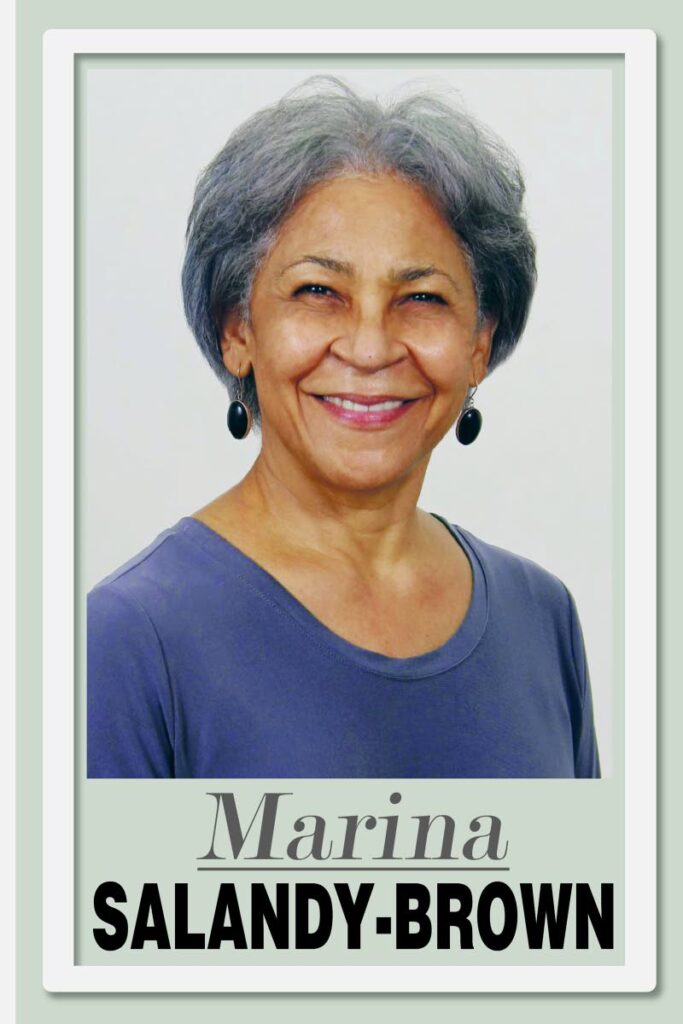60 years of transition

As we prepare to celebrate 60 years since the coming down of the Union Jack and the raising of our own red, white and black flag on that momentous and symbolic day of August 31, 1962, we reflect on the transition from colonial territory to post-colonial, independent nation.
In many ways it has been a rough journey, and there is much criticism we can level upon our leaders and ourselves for the failure to deliver the dream and promise of independence.
However, since we must try to cheer ourselves up before we disappear down a sinkhole of our own making, we should recall some of the highlights. Among them are the cultural achievements of Trinidad and Tobago in those intervening six decades.
It is hard to imagine a pre-independence time when our forms of cultural expression were as narrow as one of the Bocas passageways, but the now ubiquitous steelpan and calypso were once taboo. It was a brave middle-class boy who dared to own up to wanting to play pan. Parents would admonish that child as lacking self-regard, and no “decent” person would dream of entering a panyard, even if they knew where they were. For sure, no “respectable” woman would be caught dead near one.
Now the sheer ingenuity of those who discovered the potential secrets of an empty oil drum is widely celebrated. Thousands of non-native panplayers exist internationally and the steelpan repertoire is constantly growing and crossing over.
The steelpan is perhaps our greatest cultural gift to the world and it grew directly out of the impulse to create a national instrument, just as we created a flag and an anthem and unique insignia.
Our Carnival was made into our largest source of tourism revenue and our calypso has taken on many new forms, though its impact cannot compare to that of reggae from Jamaica, which also celebrates 60 years of independence this August.
Chutney soca, tassa drumming and other forms of cultural expression originating in India are enjoyed across TT since 1962, none of it by accident. These were conscious acts of nation-building.
The list of cultural achievements is long and we must include the success of our writers who have captured the gaze of readers and the interest of publishers around the world. The importance of our written storytelling escaped the full “national culture” treatment, but it is thriving.
Other forms of cultural expression must emerge from the doldrums and claim their space, not least because they help to keep us sane.
Overall, the next decade is going to be rougher than the last for everyone and the difficulties experienced in TT over the last 60 years will be compounded. We are living through the rupture of an international world order that brought peace for most of us, if not all, during the eight decades since the end of WWII.

On February 24, Russia invaded neighbouring Ukraine, unprovoked, apparently in order to re-establish a lost empire. Meanwhile, other backward-looking supra-nationalist leaders are making a comeback, almost irresistibly, tearing up the rule book and threatening the peace and freedoms upon which prosperity and human agency and happiness depend.
The UN and international bodies such as the WHO, UNESCO, UNICEF and others that have helped make the world a better place for all increasingly struggle for legitimacy, which is not promised if the likes of Donald Trump achieve or are returned to political power. The world is changing radically around us and we witness the frightening evidence of accelerating climate change and the natural disasters that accompany it.
At the same time, TT’s energy reserves are diminishing and the wealth we have enjoyed since the 1970s is declining. Perversely, the Russia-Ukraine war and the increase of the cost of gas has put money into our national coffers, but only temporarily, and with many downsides, such as inflation, increased poverty and the short supply of goods. At least the extra income helps offset the cost of the pandemic, but it is not a pretty picture, since the educational and social cost of covid will be felt for decades to come and is still inestimable.
We stand on the brink as we contemplate the future. But it does not need to be a moment of despair. We felt optimism in 1962 when we stared into an uncertain future because the father of our nation shared his bold vision of what could be ours. We felt that we were building our own future, each of us.
We need to reclaim some of that sense of making the future, and not letting it happen to us. The relatively recent communications technology revolution catapulted us into an era for which we were and still are unprepared, and artificial intelligence is upon us, profoundly changing the way we work and are. We need our leaders of today to put us on the road to national renewal and to redefine the mission about how to win the future and make it ours.
My plea is that the soft side of those developments – our culture, in the broadest sense of the word – should be part of that, as it was in 1962 when we were forging our nation.

Comments
"60 years of transition"